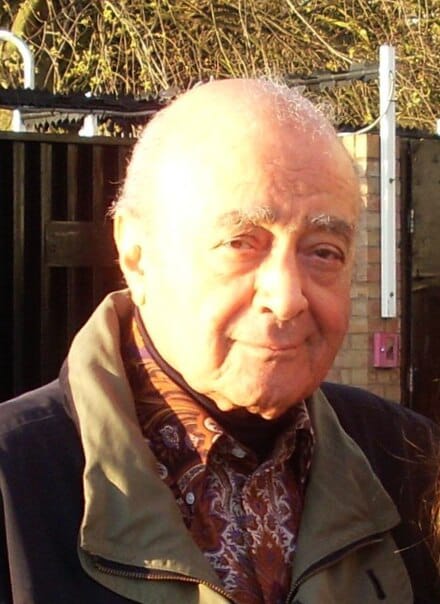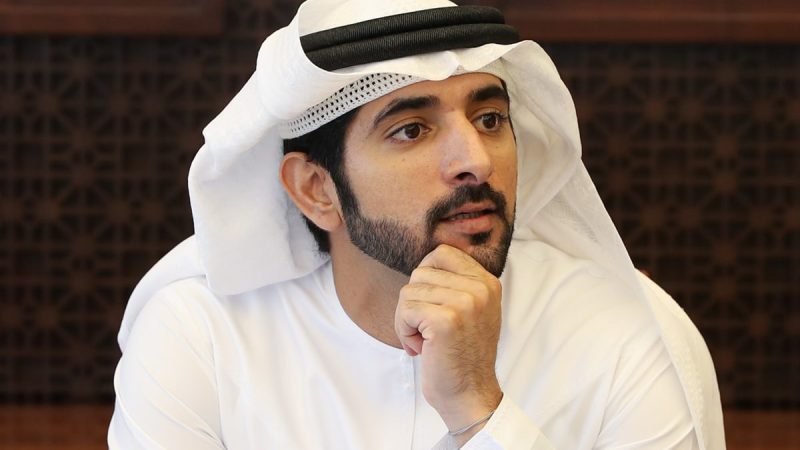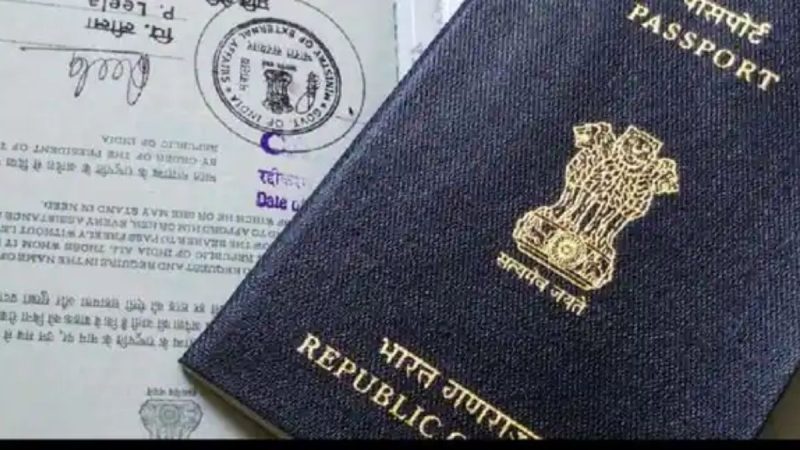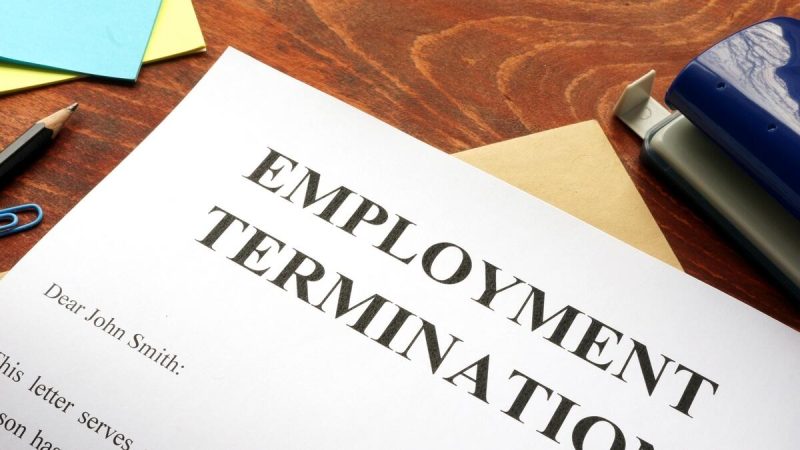Mohamed Al Fayed, the self-made Egyptian billionaire who bought the Harrods department store and promoted the discredited conspiracy theory that the British royal family was behind the death of his son and Princess Diana, has died, his family said.
Born in the Egyptian city of Alexandria, Al Fayed began his career selling fizzy drinks and then worked as a sewing-machine salesman. He built his family’s fortune in real estate, shipping and construction, first in the Middle East and then in Europe.
Although Al Fayed owned establishment symbols such as Harrods, Fulham and the Ritz hotel in Paris, he was always an outsider in Britain, tolerated but not embraced.
He fell out with the British government over its refusal to grant him citizenship of the country that was his home for decades, and often threatened to move to France, which gave him the Legion of Honour, its highest civilian award.
Al Fayed – who could be charming, autocratic, vindictive, and at times wildly outspoken spent 10 years trying to prove Diana and his son Dodi were murdered when their car crashed in a road tunnel in Paris in 1997 as they tried to outrun paparazzi photographers on motorbikes.
Unsupported by any evidence, according to the inquest into Diana’s death, he claimed that she was bearing Dodi’s child and accused Prince Philip, the queen’s husband, of ordering Britain’s security services to kill her to stop her marrying a Muslim and having his baby.
Al Fayed died on Wednesday, his family said, a day before the 26th anniversary of Dodi and Diana’s death.
“Mrs Mohamed Al Fayed, her children and grandchildren wish to confirm that her beloved husband, their father and their grandfather, Mohamed, has passed away peacefully of old age,” the family statement read.
While Al Fayed was known for self-invention, exaggeration, and boasting, he was also a central figure in key moments in Britain’s recent history.
His rancorous takeover of Harrods in 1985 sparked one of Britain’s most bitter business feuds, while in 1994 he caused a scandal with the disclosure that he had paid politicians to ask questions on his behalf in parliament.






